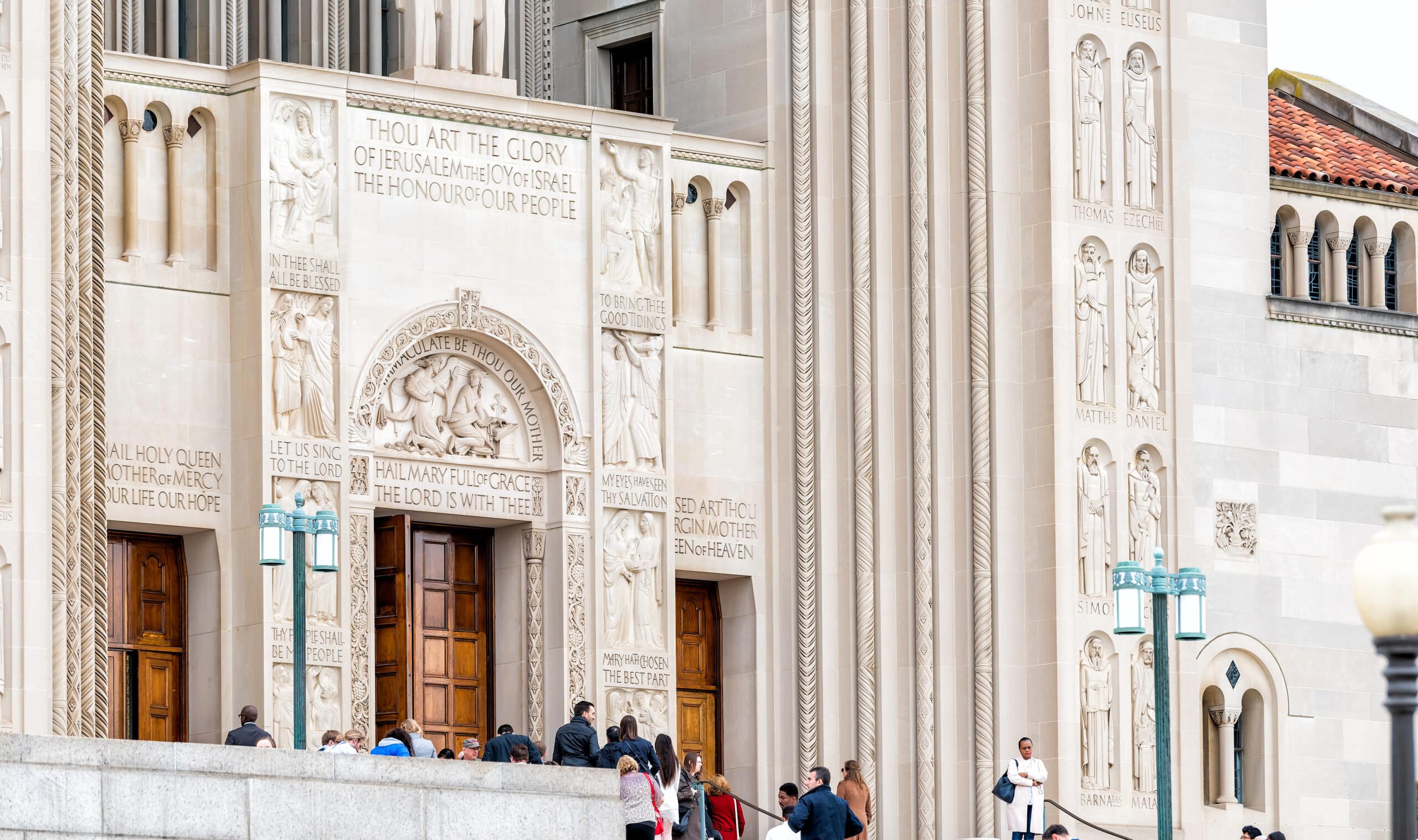It may feel like a century ago, but barely four years have passed since the severest days of the Covid-19 lockdowns.
Think back to the shocking measures adopted during the spring of 2020: children were sent home from their schools, employees were banished from their places of work, and the faithful were uprooted from their churches, synagogues, or other places of worship.
In what we can now see was a profound overreaction, these curtailments of Americans’ liberties were made in the name of shielding them from a virus whose effects—for most people, most of the time—resembled a common cold.
But lately, I have been engaging in some healthy self-reflection: What did I miss most during the pandemic’s forced period of austerity? Was it the truly essential things, like those I just enumerated? Or was I pining for far more inconsequential things?
If you had asked me four years ago, I would have reeled off various activities and outings: dining out at restaurants, going to the movies, attending concerts. Compelled to stay home by public-health scolds, I sensed a kind of libertarianism rising within me. I cared little about whether I caught Covid or not; I just wanted to have fun again. I even wrote, for the Washington Examiner magazine, an article about the Puritanism of the pandemic-era pleasure-deniers: “The End of Fun.”
I still care little about whether I (again) catch Covid, but I now think there was something self-indulgent, narcissistic, even Epicurean about my longing for the fruits of our consumerist, materialistic society. I was not wrong to object to the dismantling of normal life, but what if my definition of “normal life” was misguided or at least misdirected?
As soon as the mask mandates and vaccine passports fell away, I rushed back into that same “normal life.” In 2022, after not going to the movies at all the previous two years, I saw somewhere around 20 movies in theaters. That year, I ate out most Friday nights, and I even partook in “Black Friday” at the shopping mall—something I had not even done prior to the pandemic.
I do not take these freedoms for granted, and I do not think they should ever again be restricted because of a respiratory virus, even a nasty one. To quote independent presidential candidate Robert F. Kennedy Jr., there is no “pandemic exception” in the Constitution. Yet as I think back to my enthusiastic embrace of buying things and doing things in the aftermath of the pandemic, I’m tempted to quote Peggy Lee: “Is that all there is?”
For years, I have thought about a striking moment in Richard Linklater’s lovely 2004 movie Before Sunset in which Celine (Julie Delpy) tells her long-lost would-be beau Jesse (Ethan Hawke) about a visit she made as a teen to Warsaw in then-Communist Poland. “The city was quite gloomy and gray, but after a while my brain seemed clearer,” Celine says, and though Jesse chides her about her seeming far-Left sympathies, she is entirely sincere and quite convincing in her account of liberating her senses from the clutter of late capitalism.
“There was nothing to buy, no advertisements anywhere, so all I’d been doing was—walk around, think, and write,” she says. “My brain felt like it was at rest, free from the consuming frenzy.”
Notwithstanding the character’s obvious Marxism chic (as I recall, she has a cat named Che), what if Celine was at least half-right?
This year, on my way to and from church on Sundays, I have started to observe the people out and about who do not seem to have made attending a house of worship part of their plans for the day. I see dozens of people jogging in fashionable athletic wear, proudly walking one or more dogs, and even, as the afternoon approaches, merrily crowding into restaurants and bars.
By my old definition, these folks are enjoying the restoration of their pre-pandemic lives, but now I wonder: Would it be so horrible for them to deny themselves their avocations, their pursuits, their fun once in a while—at least one day a week? In going from strict lockdowns to breezy pleasure-seeking, we have gone from worshiping the false god of health and safety to worshiping the false god of having a good time.
The lockdowns resulted in deprivations for no good reason, but let us not be blind to our own failing: our stubborn unwillingness to deprive ourselves of anything at all, for any reason at all.
Originally found on American Conservative. Read More







